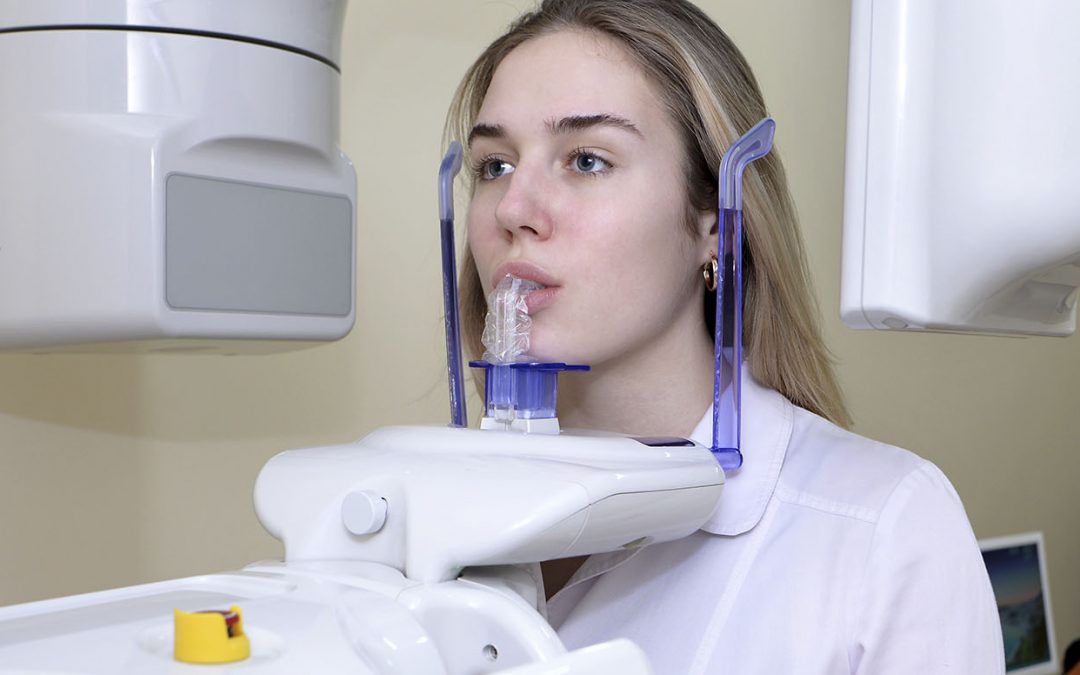ISO 1942 Dental Terminology Compliance Testing
The ISO 1942 series of standards is a cornerstone in the field of dental device testing, providing a standardized terminology and nomenclature for dental devices. Compliance with these standards ensures that products are accurately described and understood across different regions and languages, enhancing communication and reducing errors in manufacturing and distribution.
The primary objective of ISO 1942 Dental Terminology Compliance Testing is to ensure that all terms used to describe dental devices are consistent and unambiguous. This standardization is crucial for quality assurance, regulatory compliance, and the safe and effective use of dental devices by healthcare professionals worldwide. Adherence to these standards also supports interoperability between different systems and technologies in dentistry.
The testing process involves several key steps. Initially, a comprehensive review of the product's specifications and documentation is conducted to identify all relevant terms that need to be checked against ISO 1942 terminology. This includes not only technical descriptions but also marketing materials and user manuals. Once identified, each term is cross-referenced with the latest edition of ISO 1942 to ensure accuracy.
The testing process may involve a combination of manual review by experts in dental terminology and automated software tools designed specifically for this purpose. Manual reviews are crucial as they allow for nuanced interpretation of terms that cannot be fully captured by algorithms alone. Automated checks can quickly identify obvious discrepancies, allowing for more thorough examination where necessary.
Upon completion of the review process, a detailed report is generated summarizing all findings. The report will highlight any non-compliance issues along with recommended corrective actions. It is essential to address these issues promptly to maintain compliance and ensure product quality. Compliance testing not only supports regulatory requirements but also strengthens brand reputation by demonstrating commitment to high standards.
In addition to ensuring accurate terminology, ISO 1942 Dental Terminology Compliance Testing plays a vital role in facilitating international trade and collaboration within the dental industry. By standardizing how products are described globally, it simplifies communication between manufacturers, distributors, and healthcare providers across borders. This interoperability is especially important given the increasing trend towards digitalization in dentistry, where seamless integration of systems from different vendors is increasingly necessary.
For quality managers and compliance officers looking to ensure their dental devices meet all relevant standards, this service offers a valuable tool for maintaining regulatory compliance while enhancing product reliability. It also helps R&D engineers refine their designs based on precise terminological requirements. For procurement teams, it ensures that purchased components are correctly labeled and described according to industry norms.
Scope and Methodology
The scope of ISO 1942 Dental Terminology Compliance Testing encompasses a wide range of dental devices including crowns, bridges, implants, orthodontic appliances, and other restorative materials. This service ensures that all terms used to describe these products are consistent with the latest edition of ISO 1942:2018.
The methodology for conducting this testing involves several key steps:
- Review of product specifications and documentation
- Identification of relevant terms requiring check against ISO 1942 terminology
- Cross-referencing each term with the latest edition of ISO 1942:2018
- Manual review by experts in dental terminology
- Automated checks using specialized software tools
- Generation of a detailed report summarizing findings and recommending corrective actions for any non-compliance issues identified.
This systematic approach ensures thoroughness and accuracy, providing clients with confidence that their products meet the highest standards of description and terminology.
Industry Applications
- Dental Device Manufacturing: Ensures accurate labeling and documentation for regulatory compliance.
- Medical Device Regulatory Authorities: Provides a standardized approach to reviewing product descriptions.
- Healthcare Providers: Facilitates clearer communication between manufacturers, distributors, and healthcare professionals.
- R&D Engineers: Refines design based on precise terminological requirements for improved functionality.
- Procurement Teams: Ensures purchased components are correctly labeled and described according to industry norms.
The importance of ISO 1942 compliance extends beyond mere documentation; it enhances the overall quality and safety of dental devices, fostering trust among stakeholders. By adhering to these standards, manufacturers can gain a competitive edge in an increasingly globalized market.
Environmental and Sustainability Contributions
Incorporating ISO 1942 Dental Terminology Compliance Testing into your product development process can contribute positively towards sustainability goals. By ensuring accurate terminology, companies avoid unnecessary errors that could lead to waste or inefficiencies in manufacturing processes. This precision also supports better decision-making around material selection and design optimization, which are key factors in reducing environmental impact.
Moreover, compliance with international standards like ISO 1942 promotes transparency and accountability within the industry, encouraging best practices that benefit both businesses and society at large. As sustainability becomes an increasingly important consideration for consumers and regulators alike, adhering to such standards can enhance brand reputation and customer trust.





